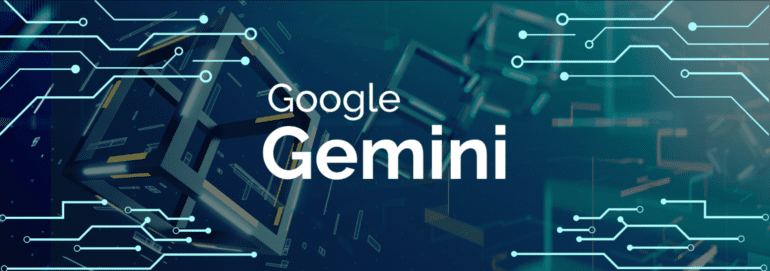TL;DR:
- Google faces scrutiny over a recent demo video of its Gemini AI model.
- The video showcased impressive capabilities but lacked transparency.
- Google admitted that the demo was not conducted in real-time, causing confusion.
- The controversy rekindles memories of a previous botched AI demonstration.
- Google’s competition with Microsoft-backed OpenAI’s GPT-4 intensifies.
- Google’s claims of Gemini’s superiority over GPT-4 are met with skepticism.
Main AI News:
In a move that has sparked controversy, Google recently unveiled its latest artificial intelligence model, Gemini, through a demonstration video that has come under scrutiny. Just weeks before the year’s end, Google introduced Gemini, which it hails as its most substantial and capable AI model to date. The tech giant presented a six-minute video showcasing Gemini’s capabilities to the media and the general public.
The video featured spoken interactions between users and a chatbot powered by Gemini, highlighting the AI’s prowess in recognizing visual images and physical objects with precision. Impressively, Gemini could audibly describe the distinctions between drawings of a duck and a rubber duck, among other examples.
However, the description provided by Google on YouTube included a brief disclaimer: “For the purposes of this demo, latency has been reduced, and Gemini outputs have been shortened for brevity.” Notably, this disclaimer was absent from the video itself.
In the wake of the launch, Google admitted to Bloomberg that the demonstration was not conducted in real-time. Instead, it employed still images and fed text prompts to which Gemini responded. This revelation contradicted the initial impression created by Google, which suggested that users could engage in seamless voice conversations with Gemini as it observed and responded to its surroundings in real-time.
Following multiple requests for clarification, Google issued a statement to CNBC, asserting, “The video is an illustrative depiction of the possibilities of interacting with Gemini, based on real multimodal prompts and outputs from testing. We look forward to seeing what people create when access to Gemini Pro opens on December 13.“
While it is common practice to edit demonstration videos, this incident evokes memories of a previous misstep by Google earlier in the year. The company faced public and Wall Street criticism for a perceived rushed and flawed demonstration of its AI chatbots. Coincidentally, this occurred during the same week when Microsoft was set to showcase its Bing integration with ChatGPT.
Recent reports from The Information revealed that Google had abandoned plans for in-person events to launch Gemini, opting for a virtual launch instead. This decision underscores the intense competition between Google and Microsoft-backed OpenAI, particularly their respective AI models, Gemini and GPT-4.
Google’s latest move to regain its standing in the AI arena involves releasing a white paper claiming that Gemini’s most powerful model, known as “Ultra,” surpassed GPT-4 in various benchmarks, albeit with incremental improvements. As the rivalry intensifies, the tech world eagerly anticipates further developments in the ongoing AI race.
Conclusion:
The controversy surrounding Google’s Gemini AI demo video underscores the growing competition in the AI market. While the demonstration showcased impressive capabilities, the lack of transparency and the admission of non-real-time operations have raised questions about Google’s claims. This incident highlights the need for greater clarity and accountability in AI demonstrations, as tech giants like Google and Microsoft vie for supremacy in the ever-evolving AI landscape.

